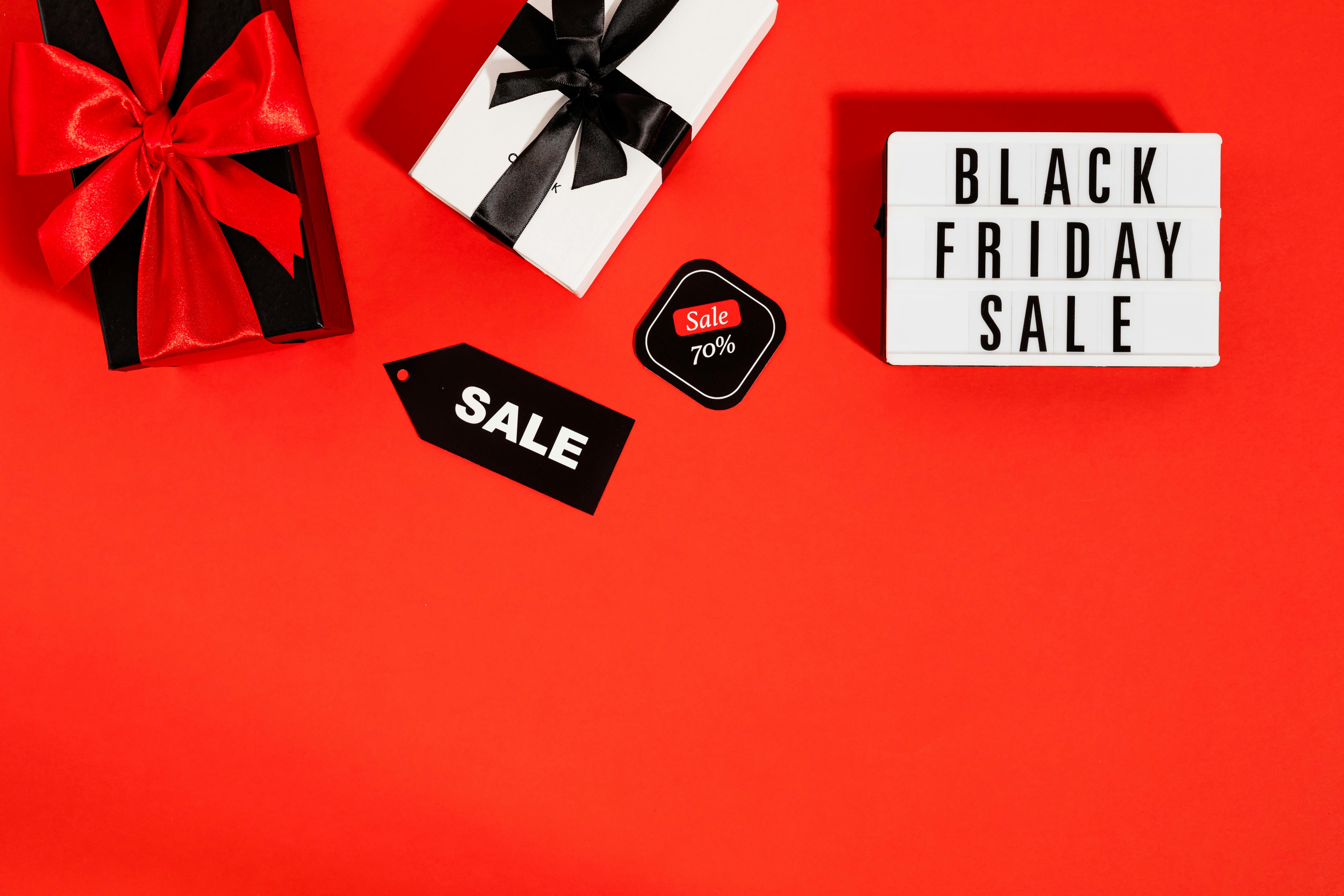The Psychology Behind Limited-Time Offers (And How to Use Them)

How Urgency Drives Conversions and Why Smart Shoppers & Sellers Should Pay Attention 🧠🛒
💡 Introduction: Why Limited-Time Offers Trigger Us Every Time
"Only 3 hours left!"
"Sale ends tonight!"
"Limited stock available!"
We've all seen these messages — and more often than not, they work. Whether you’re shopping for sneakers, electronics, or skincare, limited-time offers (LTOs) create an almost irresistible urge to act fast or miss out 😰.
But why?
In 2025’s fast-paced e-commerce landscape, understanding the psychology behind urgency isn’t just useful — it's crucial. Whether you're a shopper trying to make smarter decisions or a seller looking to boost sales, LTOs hold powerful lessons.
Let’s break down the psychological triggers, EEAT-backed marketing tactics, and ethical ways to use LTOs effectively for attraction, engagement, and conversion. 🔍💡
🧠 Why Limited-Time Offers Work: The Psychology
🔥 1. Fear of Missing Out (FOMO)
FOMO is one of the most powerful emotional triggers in modern consumer behavior. When people see that time is ticking down, they fear:
-
Missing the best deal
-
Losing an exclusive item
-
Being left behind by peers who acted fast
This creates a rush of urgency that can override rational thinking.
🧠 Psych Fact: The amygdala (emotion center of the brain) becomes more active under time pressure, reducing our capacity for long-term decision-making.
🕓 2. Scarcity = Value
When something is limited, it feels more valuable. Scarcity activates our “survival mode,” signaling that the item must be important or in high demand.
That’s why:
-
A $15 t-shirt with “Only 2 left in stock” feels more desirable
-
A digital course with “Enrollment closes in 12 hours” gets more clicks
🎯 Perceived exclusivity = increased desirability.
⏱️ 3. Cognitive Ease and Speed
When a shopper is presented with a short deadline, it simplifies decision-making:
-
Less time to overthink
-
More reliance on emotional response
-
Quick checkout = more conversions
That’s why flash sales and countdown timers are so effective.
📊 EEAT Best Practices for Limited-Time Offer Marketing
Google’s EEAT framework (Experience, Expertise, Authoritativeness, Trustworthiness) is essential for ranking — and it can absolutely be applied to LTO strategies:
| EEAT Element | How It Applies to LTOs 🔍 |
|---|---|
| Experience | Use real-time purchase data: “4 people bought this in the last hour” |
| Expertise | Back your deals with informed descriptions: “Our dermatologists recommend this serum – 40% off today only!” |
| Authoritativeness | Showcase brand credentials, press mentions, or influencer endorsements |
| Trustworthiness | Be transparent: list the actual expiration date, stock quantity, and avoid fake urgency 🛡️ |
✅ Authenticity wins. Manipulation loses.
🛍️ How E-Commerce Stores Can Use Limited-Time Offers Ethically (and Effectively)
If you're a brand, online store, or digital creator, here's how to apply LTOs the right way in 2025:
🎯 1. Use Countdown Timers
Embed them in:
-
Product pages
-
Email headers
-
App push notifications
⏳ Seeing time tick down increases urgency — but always be honest about it.
🛒 2. Offer Genuine Discounts
Avoid inflated “original” prices. Instead:
-
Offer real, seasonal discounts
-
Clearly state: “This product was $99, now $59 — today only”
-
Use psychology-backed pricing (e.g., $59.99 instead of $60)
🧠 Customers are savvy. Fake deals destroy trust.
📣 3. Combine With Social Proof
LTOs work best when combined with reviews or demand signals:
-
“Only 12 left – 89 reviews rated 4.8★”
-
“Over 1,000 people have bought this in the last week”
👥 People follow other people — especially in urgency.
📧 4. Use Urgent Language in Emails and SMS
Your subject lines can say:
-
“⏳ Ends in 6 Hours: Your Deal Is Waiting!”
-
“Last Chance: 40% Off Before Midnight”
-
“🔥 Trending: Grab Before It’s Gone!”
But always pair it with real value and limited supply to maintain EEAT trust.
📦 5. Time-Sensitive Bonuses
Instead of cutting prices, offer limited-time value adds, like:
-
Free gift with purchase
-
Free 2-day shipping if ordered today
-
Buy 1 Get 1 Free until midnight
🎁 These feel special and create urgency without discounting your product permanently.
🧑🤝🧑 How Smart Shoppers Can Use LTOs (Without Getting Tricked)
Limited-Time Offers aren’t just for brands — they can benefit consumers too, when used wisely.
✅ 1. Set Price Alerts
Use tools like:
-
Honey
-
Karma
-
CamelCamelCamel (for Amazon)
These track actual price history so you know if it’s a real deal — or fake urgency.
🧠 2. Compare Before You Click
Just because a clock is ticking doesn’t mean it’s the best deal. Use comparison tools, check Reddit, and read verified reviews before hitting “Buy.”
👀 If the same price was available last week, it’s probably not an urgent deal.
💳 3. Stick to a Budget
Impulse buying under pressure is real. LTOs are designed to override logic. Make sure you:
-
Set a weekly/monthly shopping budget
-
Wait 10 minutes before completing a purchase
-
Ask: “Would I still buy this without the countdown?”
🧘 Pause beats pressure.
📈 Real-World Examples of Limited-Time Offers Done Right
Here’s how global brands are winning with LTOs in 2025:
🛒 Amazon Prime Lightning Deals
Offers rotate hourly with live countdowns + stock warnings. Reviews + verified ratings build trust.
💄 Sephora Flash Sales
Beauty buyers get exclusive “one-day-only” promo codes with bonus samples — driven via email + TikTok creators.
📱 Apple Education Deals
Back-to-school offers for students, valid until a fixed deadline. Transparent, verified discounts + value-add (free AirPods).
🔮 The Future of LTOs: Personalization + AI = Hyper-Urgency
By 2026, we’ll see:
-
AI-driven LTOs based on your past browsing
-
Smart push notifications: “Khuzaim, your favorite item is 25% off — for 2 more hours”
-
AR + Livestream Flash Sales where countdowns are visible during virtual try-ons
👾 Limited-time deals are getting smarter — and more personalized.
🧠 Final Thoughts: Scarcity Sells, But Trust Retains
Limited-Time Offers work — that’s undeniable. But the real power comes from balancing urgency with authenticity, transparency, and value.
Whether you're a consumer looking to save or a brand looking to convert, understanding the psychology behind LTOs gives you the edge. ⏳💥
Remember:
-
Urgency sells
-
Honesty builds trust
-
Smart timing wins every time
💬 Let’s Chat: What’s Your Experience With LTOs?
✅ Have you ever scored a great deal thanks to a countdown?
🚫 Or fallen into an impulse buy trap you regret?
📲 Share your stories using #SmartLTOShopping
📬 Subscribe for weekly deal psychology tips and ethical marketing tricks!
